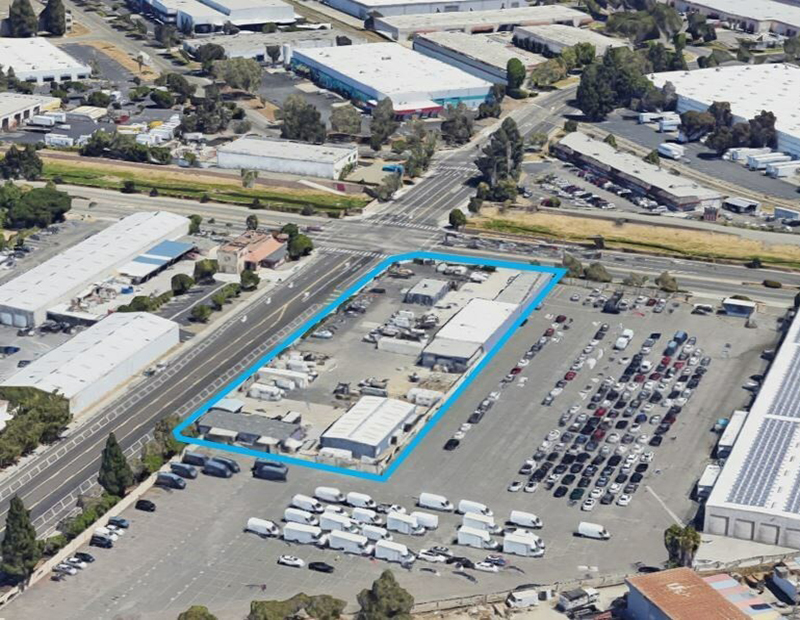When is Too Much Too Much?
By Randolph T. Mason, CCIM, SIOR, Managing Partner, Commercial Realty Specialists: When negotiating something as important as a commercial real estate lease or purchase transaction, both sides need to assess the market and determine who has the most negotiation leverage.
 By Randolph T. Mason, CCIM, SIOR, Managing Partner, Commercial Realty Specialists, www.commercialrealtyspecialists.com
By Randolph T. Mason, CCIM, SIOR, Managing Partner, Commercial Realty Specialists, www.commercialrealtyspecialists.com
Negotiation, that is. Let’s start this off with the understanding that my career has always been to represent my client’s fiduciary interests in commercial real estate transactions. My goal is to get the best terms feasibly possible at all times.
When negotiating something as important as a commercial real estate lease or purchase transaction, all parties want to maximize their positions. It just makes sense. Both sides need to assess the market and determine who has the most negotiation leverage in that particular market cycle. Sometimes it’s the tenant/buyer; sometimes it’s the landlord/seller. If there are abundant competing properties, it’s pretty obvious that the buyer or tenant carries the most leverage; the inverse is a lack of availability, which creates leverage for the seller or landlord.
One also has to understand that if the space is unique (but not in a positive way), the property owner will need to make concessions they would normally not want to make. If the property user had some unique requirements, it might be forced to look at a finite number of properties, thereby decreasing the amount of leverage it had in the marketplace. I recently worked with a client who needed above-standard parking in a market where the majority of the buildings provided standard parking. We had a few opportunities to choose from, and had to negotiate nimbly on the few properties that could in fact work for us.
Another consideration that needs to be understood and addressed is the creditworthiness of the property user or tenant. Landlords rarely like to get under contract or sign a lease with a user that may not be able to close or may not honor the full lease term. If a company’s credit is not adequately strong, the tenant may need to increase its security deposit, provide a letter of credit, reduce its rental concessions from the landlord or any combination of the above. Having shaky credit can definitely limit your negotiation leverage.
Regarding security deposits, a client I was representing was asked to provide more than eight months’ rent as a letter of credit or cash security deposit in order to secure a particular property. Understandably, the tenant did not want to provide said security deposit, yet they forwarded me an email from their existing landlord stating that should they desire to renew, they would need to provide personal guarantees (in other words, an increased security deposit).
Still another consideration is how much one should ask for during a negotiation. That is impacted by how many people are looking at or negotiating on the same property. If there are few opportunities for people to consider, the desire of wanting a seemingly endless amount of tenant improvement dollars, free rent, moving allowances, etc., may be unreasonable—and flat out foolish should one really want to secure that particular space. This is where being knowledgeable and reasonable may in fact secure a building that other tenants or buyers desired, as well.
Timing has a lot to do with knowing how much to ask for during a negotiation. If one has not allowed themselves more than enough time to research the market, negotiate and actually play the negotiation game, the ability to ask for excessive beneficial terms may not be realistic. As with many things in life, it is extremely important to plan well ahead of an actual need.
There are many factors to consider to determine “when too much is too much,” and a solid strategy needs to be developed in order to achieve the best terms possible.







You must be logged in to post a comment.